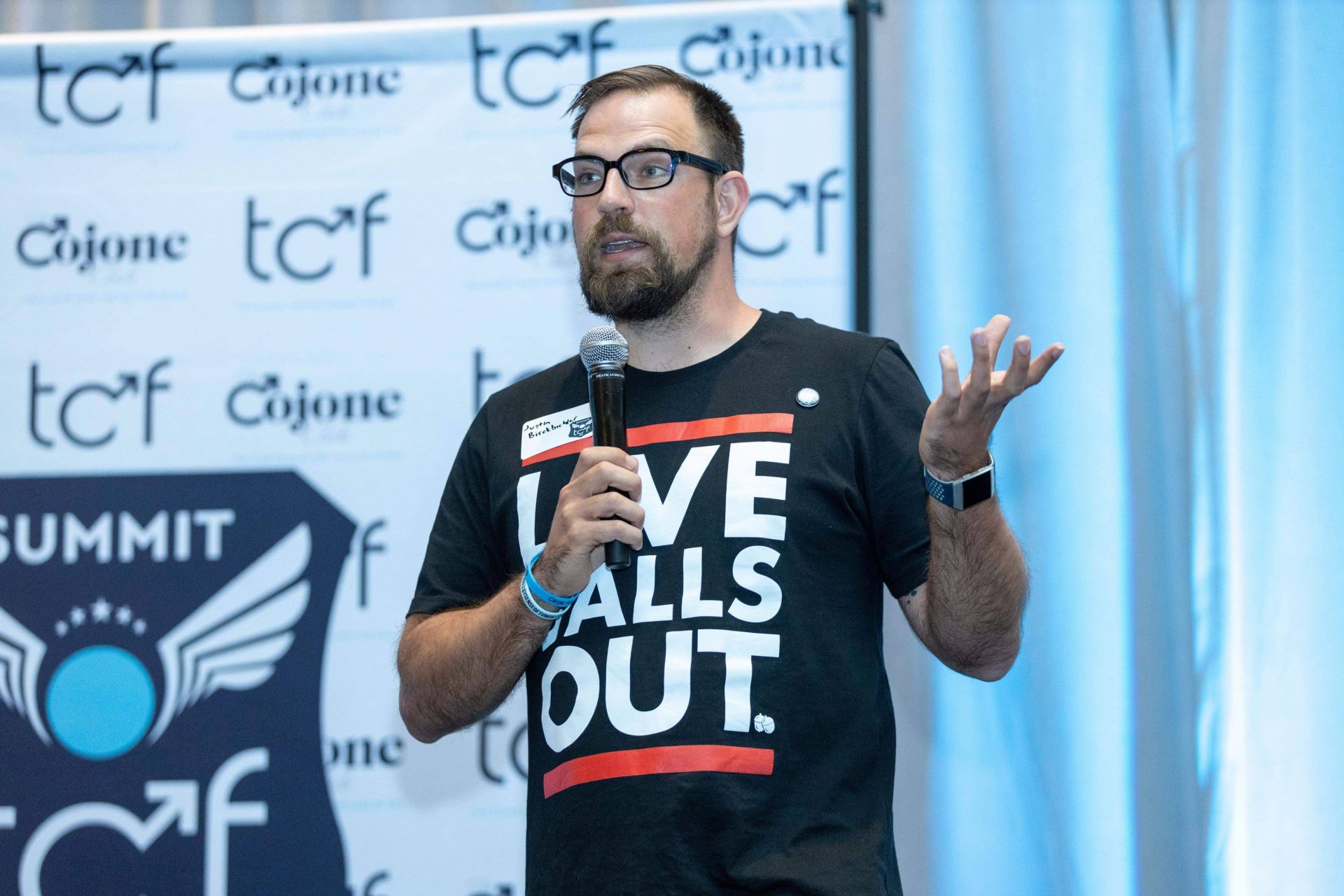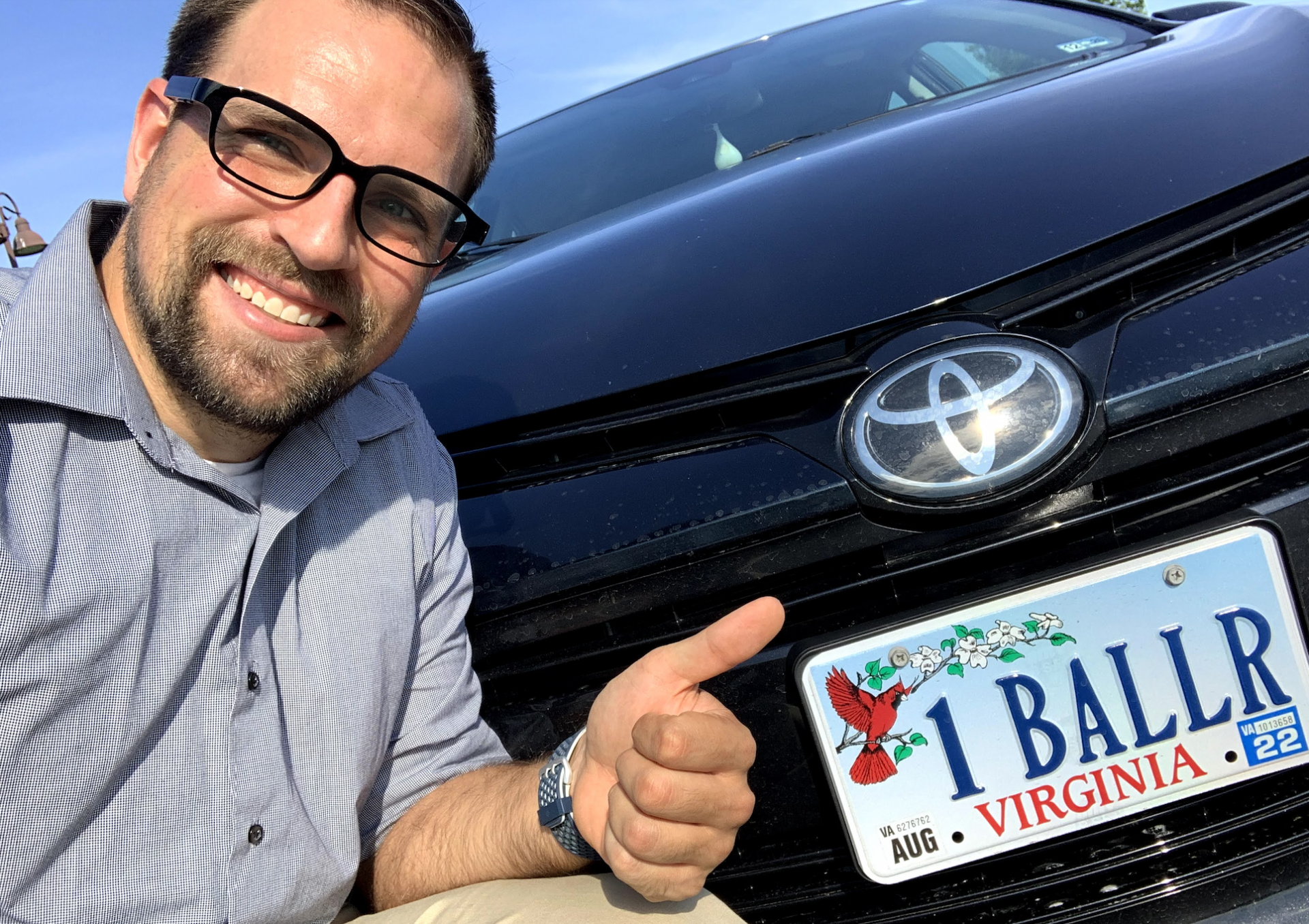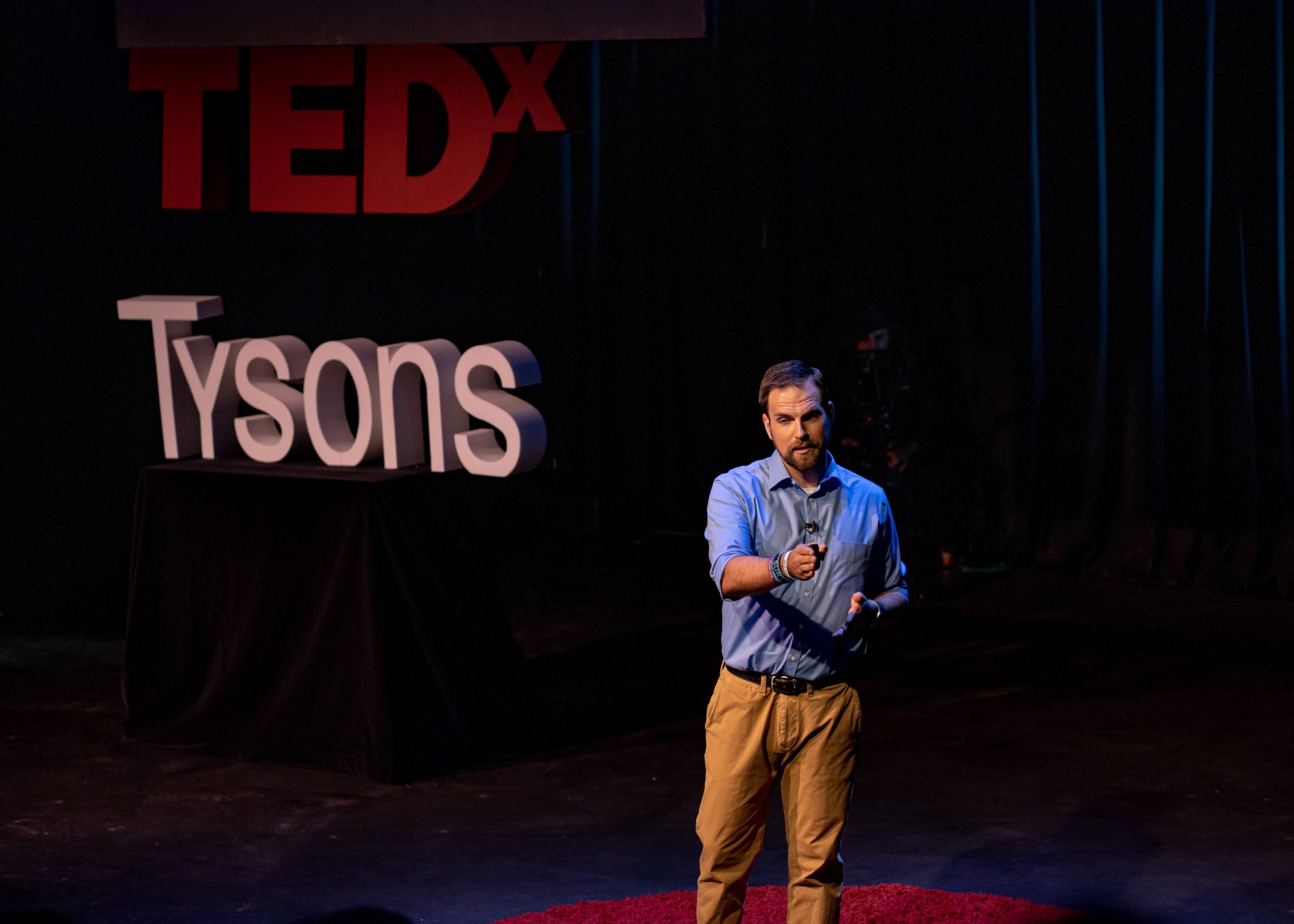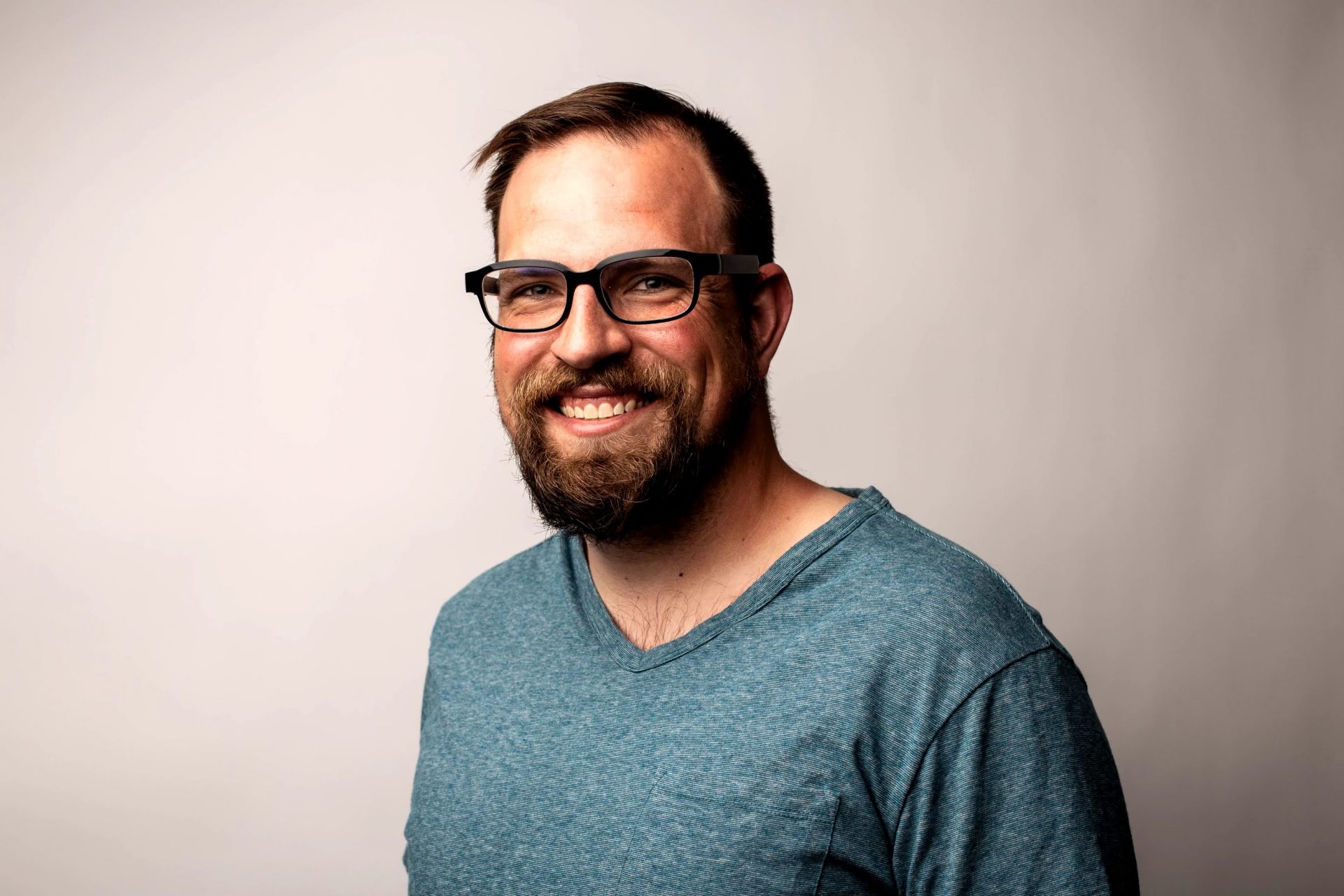Phone: 303.945.2490 Fax: 866.592.6911 Email: [email protected]
621 Kalamath St. Ste 175, Denver, CO 80204
JOIN US FOR A 2025 HEALING ADVENTURE!
Justin Birckbichler is a men’s health advocate, testicular cancer survivor, and the founder of aBallsySenseofTumor.com. In November 2016, he was diagnosed with stage II testicular cancer at the age of 25. Throughout his diagnosis, surgery, chemotherapy, and being cleared in remission in March 2017, he has been passionate about sharing his story to spread awareness about testicular cancer, promote open conversations about men’s health, and talk about the unspoken realities of being a cancer survivor.
In honor of Testicular Cancer Awareness Month, we sat down with the uniballer, Justin, to hear how he is cracking the nut on Testicular Cancer Awareness and Men’s Health through humor.



Justin: It means going balls to the walls (or ball to the wall, in my case) and making the best out of every day I’ve been blessed with in this second chance at life.
Justin: My biggest challenge has been dealing with the emotional fallout of cancer. I’ve found that survivorship is significantly harder than dealing with active treatment. After months of grappling with processing what had happened in such an abrupt timeframe, I finally admitted to my doctor that I was experiencing depression and asked for antidepressants. Along with the meds, therapy, and a host of other mental health supports, I’ve gotten myself to a better place and am much more vigilant about taking care of my mental health.
Getting cancer in and of itself was a blessing in disguise. Before cancer, I was like a dog chasing a ball, although little did I know I was about to lose one. I buried myself in random projects, instead of finding what was meaningful to me. I’m making better use of my time now. I don’t have a perfect balance, but I’m making sure I enjoy the life I do have. I was always a very determined person and became even more so throughout treatment. I’ve realized I’ve essentially been given a second chance at life and I want to live it to the fullest.
Justin: Growing up, a common phrase I heard was “big boys don’t cry.” I didn’t want to share how I was feeling, whether that was emotionally or physically. While I didn’t delay for too long after finding a lump on my testicle in October 2016, it definitely was on my mind before I realized I had to just sack up and make a call.
Justin: When I was first diagnosed, I found myself taking to the internet to find answers about what it was going to be like to go through chemo as a 20-something. I couldn’t find a patient-friendly resource that detailed the entire journey (from discovery to the struggles of survivorship) and was written from a twenty-something’s perspective. Since it didn’t exist, I decided to create it through my blog, A Ballsy Sense of Tumor. One of my goals is for ABSOT to help others who have been diagnosed with testicular cancer to find the resource I wish I had when I first started. I’m hoping to fill that void and am happy when I hear others have found it helpful.
While that’s one of the missions of ABSOT, the main goal is to open up lines of dialogue about testicular cancer and men’s health in general. Testicular cancer is not talked about enough in society. My hopes are that sharing my story from beginning to end with an open attitude will stimulate more open discussion and bring a larger focus to men’s health in general. Knowing someone who is going through cancer can help make it more real to men who might not otherwise be concerned about their own health.
Justin: Actually, First Descents stumbled upon me first. After I started sharing my story, Crash reached out and told me more about the organization. I instantly fell in love with the idea of outdoor adventures with others who truly “get it” and the healing that can come from it.
Justin: My first First Descents Trib trip (what a tongue twister) was kayaking on the Potomac River in 2018. It was a great time… right up until the thunderstorm started while we were on the water. However, as any cancer survivor knows, pivoting on plans is just part of the experience. We paddled back and hung out at an outdoor restaurant for the evening, and that’s what solidified my desire to go on a longer trip. The camaraderie from people I had literally met just hours earlier was unlike anything I had ever felt before, and I wanted to know what a week with these people would be like.

Justin: Fun fact, this is actually the third First Descents program I applied for and was chosen for – thanks COVID! However, I’ve always wanted to learn to surf, so it just goes to show that everything happens for a reason. Like I said about the Trib program, I wanted to get the full experience. If a few hours was any indication, a week will be incredible.
Justin: Life-changing (hyphenated still means it’s technically one word). I’ve heard from many other who have been on Programs and how much it impacts them.
Justin: Carpe Scrotiem! Don’t be afraid to check yourself and talk about your ‘boys’ with your boys!
On a serious note, men need to start by talking openly about their health. I want to live in a world where we can freely talk about testicular self-exams. I want conversation to be open about all health issues, but I’m especially passionate about men’s health. Not talking about it can be a potentially life-threatening mistake. Keeping each other accountable for performing regular self-checks is also critical. Without honest conversations, this accountability is impossible.
I want to be a catalyst to start talking about testicles in everyday conversation. I want men thinking of me and checking themselves (hopefully not at the same time, but whatever works).
2022 is the year to start #OutLivingIt. Join us at one of our epic program locations across the country and experience the healing power of adventure. Inquire at firstdescents.org/joinus to learn more and stay up to date on all the programs we have to offer this year.
